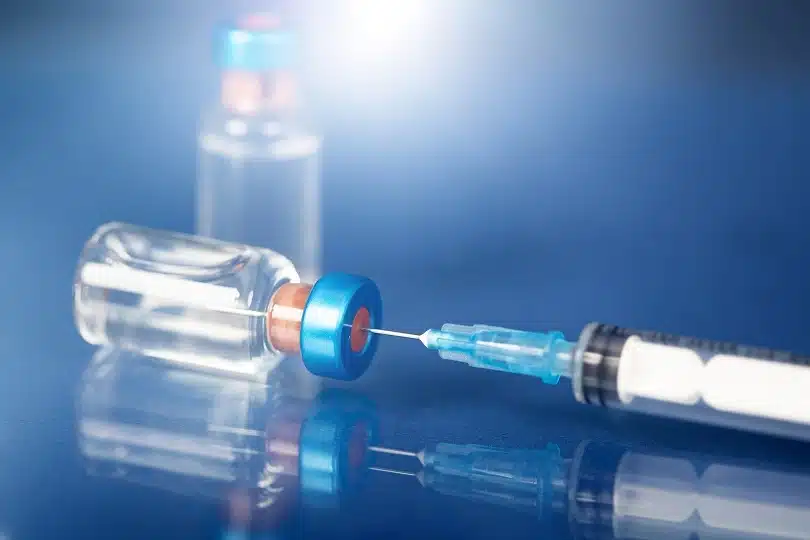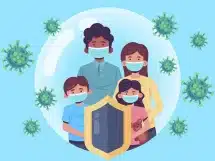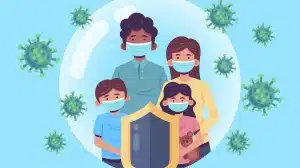As the race for COVID-19 vaccine gains steam, accessibility to routine vaccines for children continues to be a challenge during the pandemic. A look at online search trends related to immunisation and COVID-19 helps understand the concerns of parents and caregivers.
By Dr. Shriya Raina
Immunisation is one of the most effective ways to protect children from several life-threatening diseases. As per UNICEF data, 1.5 million deaths could be prevented annually with timely childhood vaccinations.
In India, the national average for full immunisation is 62 percent, including 78.4 percent for diphtheria, tetanus, and pertussis (DTP) and 81.1 percent for measles, according to NFHS 4 (2015-16). Vaccination coverage varies considerably from state to state, with the lowest rates in the north-eastern states and large central states.
When the nation-wide lockdown was announced in India to curb the spread of COVID-19, UP, Bihar, Orissa, Rajasthan, Kerala, and Delhi had paused their vaccination programmes for a few days. Estimates suggest that the disruption may have led to over 15 lakh children missing out on vaccination, completely or partially.
Limited access to vaccines
How to avail immunisation services for infants and children during the lockdown, the repercussions of skipped vaccine doses, and queries regarding the resumption of immunisation services in hospitals have been the common online search interests of the public during the pandemic.
When immunisation services are disrupted, even for brief periods during emergencies, the risk of vaccine-preventable disease outbreaks, such as measles and polio, increase. In 2020, there are concerns about another resurgence, especially if vaccination rates fall due to delay or suspension of scheduled immunisation activities as a result of COVID-19.
A recent online study conducted by Child Rights and You (CRY) on the effects of COVID- 19 on children found that 49 percent of parents or primary caregivers of children aged 0-5 years could not get access to basic child healthcare, such as immunisation, during the lockdown. This was mostly attributed to the shortage of healthcare workers, lockdown restrictions impacting the export and import of vaccines, inaccessibility to transportation facilities, and fear of exposing children to the viral infection.
The new normal
As we learn to live with the virus and embrace the new normal, the Indian government is making concerted efforts to resume immunisation services, not only in the urban centres but also across villages in the country.
“A staggered or hourly approach is planned, with social distancing norms in place. Also, people with symptoms like fever or cough are advised not to attend the session and to consult their healthcare provider,” says Dr. Bhrigu Kapuria, Immunisation specialist at UNICEF India. The emphasis is on handwashing and sanitisation as well as educating people on the importance of wearing masks when in public places.
The good news, as far as immunisation is concerned, is that even in cases where children have missed their vaccination schedule and got the immunisation dose later, the immunity offered is not compromised. “Parents don’t need to worry. Whenever immunisation sessions are organised next at nearby healthcare facilities, they should get their children vaccinated,” informs Dr. Bhrigu.

















